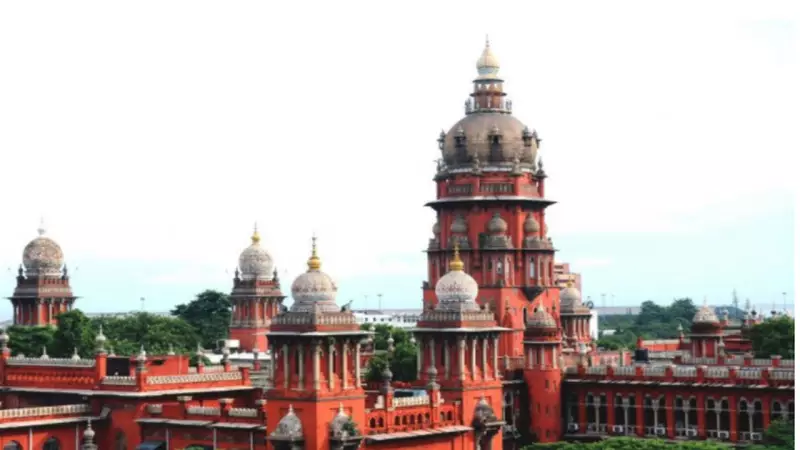
The Madras High Court delivered a stern message to the DMK party on Tuesday, dismissing their petition challenging the implementation of three new criminal laws and cautioning against using the judiciary as a battleground for political disputes.
Court's Strong Stance on Judicial Overreach
Justice Anand Venkatesh, presiding over the case, made pointed observations about the appropriate role of courts in legislative matters. "Courts cannot be used for political rivalry," the judge emphasized, questioning whether the DMK's petition represented a genuine legal challenge or merely political opposition to the ruling government.
The court specifically addressed the timing and nature of the petition, noting that the DMK had ample opportunity to raise objections during the parliamentary process when the laws were being debated and passed.
Background of the Controversial Laws
The petition challenged the implementation of three significant legal reforms:
- The Bharatiya Nyaya Sanhita
- The Bharatiya Nagarik Suraksha Sanhita
- The Bharatiya Sakshya Act
These laws represent a comprehensive overhaul of India's criminal justice system, replacing colonial-era legislation that had governed the country for decades.
Parliamentary Sovereignty Upheld
Justice Venkatesh reinforced the principle of parliamentary supremacy, stating that "once a law is passed by Parliament, it is not for courts to decide whether it should be implemented or not." This position underscores the delicate balance of power between India's legislative and judicial branches.
The court's ruling emphasizes that legal challenges to legislation must be based on substantive constitutional grounds rather than political disagreement with government policies.
Political Implications
The dismissal represents a significant moment in the ongoing political tensions between the ruling BJP government and opposition parties. The DMK, as a prominent opposition party, had positioned the legal challenge as a stand against what they characterize as hastily implemented legislation.
However, the court's strong wording suggests that judiciary is increasingly wary of being drawn into political conflicts that should be resolved through democratic processes rather than legal channels.
The ruling sets an important precedent for how courts will handle future challenges to government legislation, particularly those that appear motivated by political considerations rather than genuine legal concerns.






